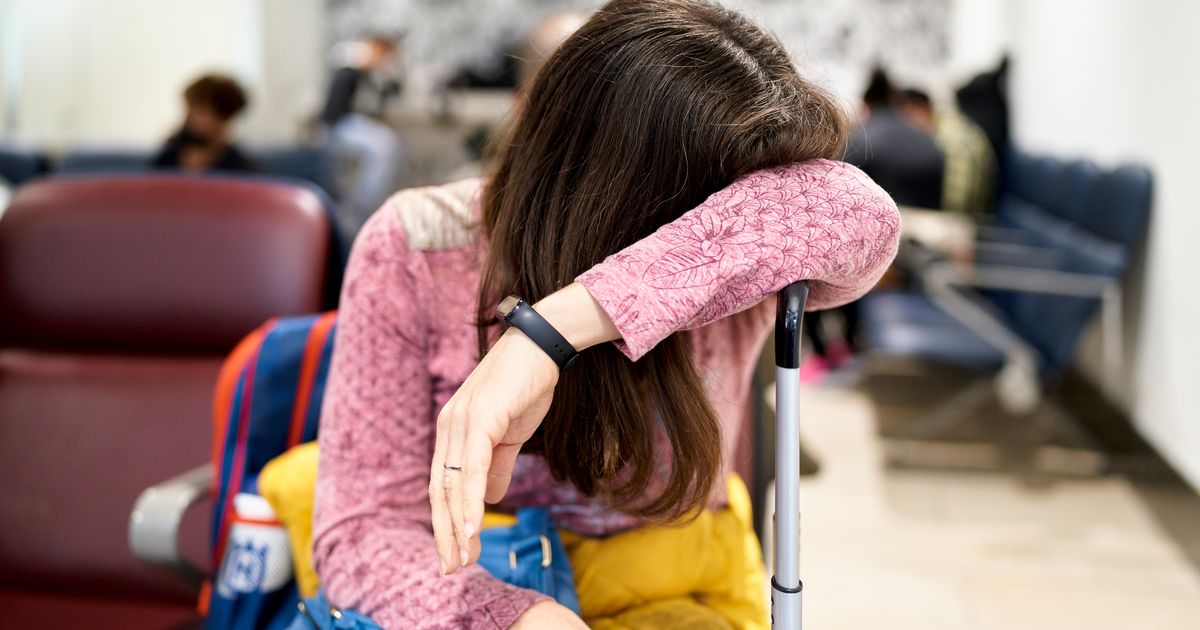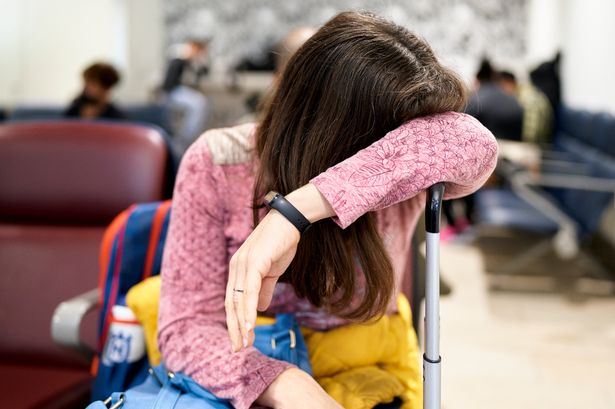Travellers heading to a popular holiday spot are being urged to “take extra precautions” following confirmation of a highly contagious disease case.
The World Health Organisation (WHO) has verified an mpox case in Turkey. Mpox, formerly called monkeypox, is an infectious illness that spreads through direct physical contact with the blisters or scabs of someone who has contracted it.
Travel Health Pro stated in a recent update: “On 23 August 2025, the World Health Organisation reported a case of clade Ib mpox in Turkey, detected on 7 August 2025.
“The case is reported to have had a travel history to the United Arab Emirates.” This particular strain of mpox has been identified in various locations globally.
The Democratic Republic of the Congo in Africa has been most severely impacted, recording 27,449 confirmed cases of both clade Ia and Ib combined.
Earlier this year, nine cases were identified in the UK – with many discovered in individuals returning from Uganda. Mpox symptoms generally emerge between five and 21 days following infection.
Early symptoms can be serious, encompassing high temperature, severe headaches, muscle and back aches, enlarged glands, shivering, overwhelming tiredness, and joint discomfort.
A rash may appear anywhere on the body one to five days after the initial symptoms.
WHO has issued a warning that young children, pregnant women, and those with compromised immune systems, particularly poorly managed HIV patients, are more susceptible to severe complications from mpox, which can be fatal.
However, most individuals recover within four weeks.
The NHS has offered guidance on how to protect oneself from this “rare” disease:
Regularly washing your hands with soap and water or using an alcohol-based hand sanitiserBeing vigilant for any potential symptoms of mpox for three weeks after returning from Central or East AfricaDiscussing sexual health and any symptoms with sexual partnersBeing aware of the symptoms of mpox if you’re sexually active, especially if you have new sexual partnersRefraining from sex and intimate contact if you have symptoms of mpox until you’ve seen a doctor and been told you cannot transmit itIt’s also advised not to share bedding or towels with those who may have mpox and to avoid close contact with potential carriers
If you notice any symptoms of mpox, you should call 111. You should also stay at home and avoid close contact with others, until you’ve been given further instructions.
In March this year, the UK Health Security Agency (UKHSA) announced that clade Ia and Ib mpox will no longer be classified as a “high consequence infectious disease” (HCID) following a review of available evidence by the Advisory Committee on Dangerous Pathogens.

 WHO has reported a case of this infectious disease in Turkey(Image: Getty)
WHO has reported a case of this infectious disease in Turkey(Image: Getty)